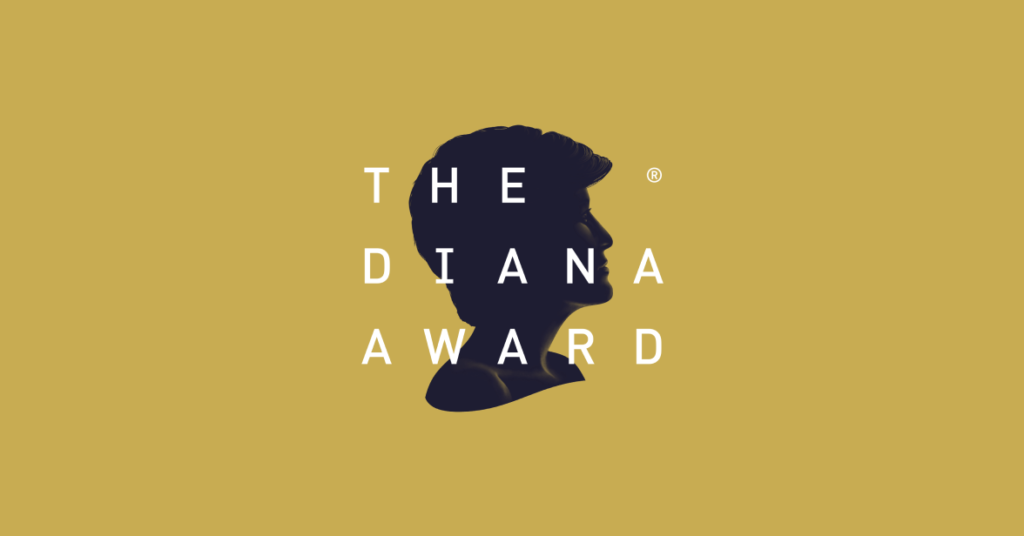In June, I received my Diana Award. A few weeks prior I had received an email from my pastoral care teacher (or guidance teacher) that he had put me forward for a Diana Award and that I had been selected to receive it.
Columnist Melissa Cassidy
If I’m being completely honest, I didn’t actually know what a Diana Award was but after a good old internet browse, I discovered it was a prestigious accolade given to 11 – 25 year-olds for their humanitarian work. I was blown away that I’d received this when examples of other awardees ranged from leaders of technological revolutions in impoverished countries, to people who had dedicated their lives to stopping hate crime. I could not believe I was being held high among such incredible people.
I was obviously curious about what exactly I was nominated for doing, so when I read that my school wanted to shine a light on the impact I’d made through my writing, I was touched. I’ve made it no secret that school has been a pretty soul-crushing experience for me as a disabled teenager and as a result of this, my academic achievements are barely scraping the average mark, so for the school to take a second and say: ‘We see you trying; we see these not-so stereotypical things that you have done and how much you’ve achieved outside of here’, felt amazing.

It also made me think about the disabled community. I’m fortunate enough to have been able to achieve many things outside of school but I know not everyone has the time or energy for that. School – particularly mainstream school – is a pretty stressful and relentless experience for disabled pupils and I feel a lot of the time this is overlooked. I can’t speak for everyone but I know I despise the cliché of praising disabled people for every little thing they do and telling them they’re magical, wonderful, inspiring superhumans. In saying this, I do think schools – and other institutions – should maybe show some more gratitude to the disabled people who come in each day and highlight the barriers that they themselves don’t recognise. I don’t even think that this recognition should necessarily be a fancy award, even just an off the cuff: ‘I appreciate this isn’t an easy environment for you’, can make someone’s internal struggles feel validated. Of course, trying to eliminate the barriers we can is important but understanding that there will always be barriers like chronic pain or visual impairments, is also vital.
I’m really grateful to have been able to do the things I’ve done in the 17 years I’ve been around. It’s also lovely to have been given such an honour from my school, but I hope that the message you take from this isn’t ‘Well done me’ but more about why we need to appreciate the efforts that all disabled people make to thrive in this society.
About Melissa Cassidy
Melissa Cassidy discusses topics surrounding disability as well as her own experiences as a teenager with cerebral palsy. She has also published a children’s book called ‘Doodle The Poodle’s Big Day Out’ (published by Alder Books).
Visit her blog at: buttonsandramps.wordpress.com
Twitter: @ramps_and
Instagram: @buttonsandramps
NB: The Able Magazine team would like to add their congratulations to Melissa.
We’re proud to have you with us!



